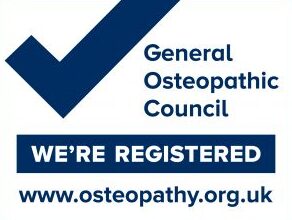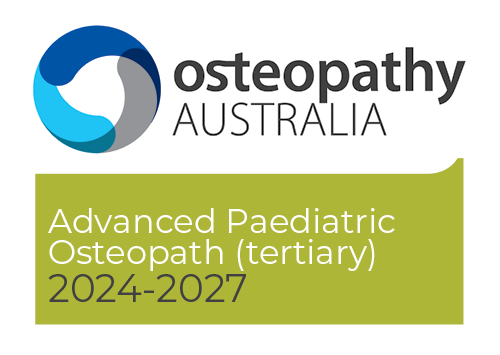Why Do We Need to Wind Babies? The Importance of Winding for Infant Health

Image by Canva images
Winding babies after feeding is a common practice, but many parents may wonder why it’s necessary. While some babies seem to bring up wind easily, others may struggle, leading to discomfort, crying, and even sleep disturbances. Understanding why winding is important—and how it ties into your baby’s gut development—can help you support your infant’s digestive health and overall well-being.
The Role of Gut Maturity in Babies
Babies are born with an immature digestive system, which means that their ability to process milk and move it through the gut (a process known as peristalsis) is still developing. This can lead to trapped air and gas, especially during or after feeding. As the gut matures over time, the muscles involved in digestion strengthen and become more coordinated, improving the process of peristalsis and reducing the likelihood of gas being trapped in the digestive tract.
In newborns and young infants, this digestive immaturity can contribute to discomfort, colic-like symptoms, and difficulties in passing gas. Because their gut motility is still in the early stages of development, babies may have a harder time moving gas through the digestive system, which is where winding comes in.
How Peristalsis and Gut Motility Affect Infants
Peristalsis is the wave-like muscle contractions that move food through the digestive system. In adults, this process happens relatively smoothly, but for babies, especially in the early weeks of life, this process can be sluggish or uncoordinated. This slower movement can cause air swallowed during feeding to become trapped in the stomach or intestines, leading to discomfort, bloating, or spitting up.
Winding, or burping, helps release the air that babies inevitably swallow while feeding. Without this release, trapped air can interfere with digestion and cause a build-up of pressure in the stomach, making babies uncomfortable and fussy.

Image by Hollie Santos
Why Winding Is Beneficial for Babies
Winding helps your baby in a few key ways:
- Relieving Trapped Air: Feeding, especially bottle-feeding, can cause babies to swallow air. This air can get trapped in their digestive system, causing discomfort. Winding allows the release of this trapped air, helping your baby feel more comfortable and reducing fussiness.
- Preventing Digestive Discomfort: Babies may struggle with gas or bloating if air is left trapped in their stomach or intestines. Winding helps prevent gas build-up, which can otherwise cause discomfort and crying.
- Supporting Healthy Digestion: As your baby’s gut matures and peristalsis becomes more efficient, regular winding can support the natural progression of digestive development by helping their gut manage air more effectively.
The Osteopathic Perspective
At City Osteopathy, we take a holistic view of infant health, understanding that the body’s systems are interconnected. The development of a baby’s gut and its motility can influence their overall comfort, feeding success, and sleep patterns. As osteopaths, we consider how an infant’s posture during feeding, swallowing, and digestion may affect their ability to wind effectively.
In cases where babies seem particularly prone to trapped wind or digestive discomfort, osteopathic treatment can provide gentle techniques to support the baby’s body. These techniques may include addressing tensions or imbalances that affect the movement of the diaphragm or abdomen, which in turn may improve gut motility and ease the passage of air through the digestive system.
Empowering Parents with Knowledge
Winding your baby may seem like a small step, but it plays a big role in their comfort and digestive development. By helping your baby release trapped air, you’re supporting their immature gut as it learns to function more efficiently. At City Osteopathy, we believe in educating parents to better understand their baby’s needs, empowering you to make informed decisions that support your baby’s health naturally.
When to Seek Help
While winding is often enough to relieve your baby’s discomfort, persistent issues like excessive gas, reflux, or colic symptoms may indicate a need for further support. If your baby continues to struggle with digestive discomfort, consider booking an appointment with one of our experienced osteopaths at City Osteopathy. We specialise in working with infants, offering gentle and safe osteopathic techniques that help alleviate digestive issues and promote overall well-being.
If you have any concerns about Wind a Baby, please get in touch with our team
At City Osteopathy, we’re dedicated to helping you support your baby’s health naturally. Our osteopathic treatments are designed to work with your baby’s body to improve comfort, digestion, and overall development. Contact us today to learn more about how we can help your baby feel their best.


